April 20, 2017
Number of data scientist jobs soars as Big Data moves up the corporate agenda 0
 Advances in tech have boosted Data Scientist roles by 57 percent globally in one year, according to a Big Data Analytics and Business Intelligence Observatory run by Politecnico di Milano School of Management. Advances in big data analytics are encouraging increasing numbers of industries – including banking, media and big pharma – to maximise this tool by employing more data scientists. The research, which surveyed 280 international data scientists, revealed the 57 percent annual increase in positions allocated, as well as role availability in nearly a third of companies. The research suggests that international businesses will increasingly be looking to integrate Data Scientist roles into their hiring strategies.
Advances in tech have boosted Data Scientist roles by 57 percent globally in one year, according to a Big Data Analytics and Business Intelligence Observatory run by Politecnico di Milano School of Management. Advances in big data analytics are encouraging increasing numbers of industries – including banking, media and big pharma – to maximise this tool by employing more data scientists. The research, which surveyed 280 international data scientists, revealed the 57 percent annual increase in positions allocated, as well as role availability in nearly a third of companies. The research suggests that international businesses will increasingly be looking to integrate Data Scientist roles into their hiring strategies.












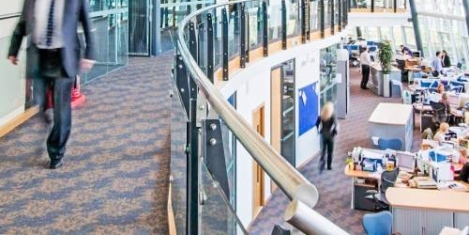
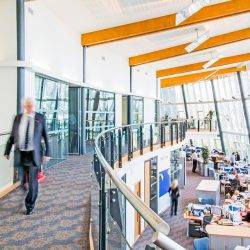
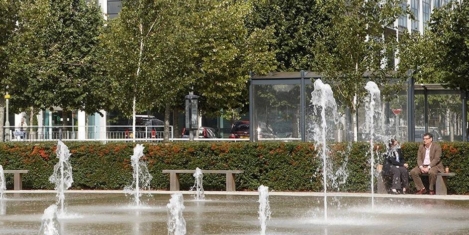
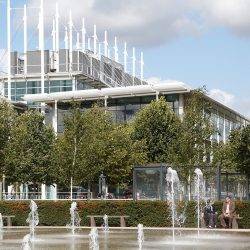

 In this week’s
In this week’s 

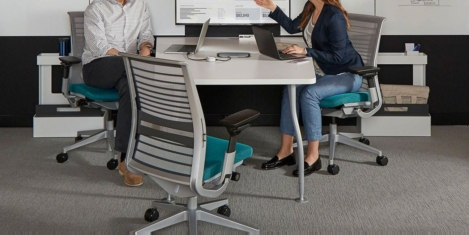




 UK employers are unprepared for gender pay gap reporting legislation, with more than a third (32 percent) failing to review salaries across genders to safeguard against pay discrimination. This is despite the fact that the Equality Act 2010 (Gender Pay Gap Information) Regulations 2017 come into force later this week (6th April) which will require UK companies with more than 250 staff to keep records of gender pay and bonuses. Totaljobs’ survey of 4,700 employees and 145 employers found that 82 percent of companies are not reviewing their gender equality/equal pay policy and 58 percent don’t have salary information available across roles and genders. Little more than half (53.1 percent) of employers feel “very confident” that salaries are equal across the genders. While employers will be required to keep salary records, the research showed men are currently more likely to receive a bonus than women and typically receive more. In the past year, 43 percent of men received a bonus of £2,059, on average, versus 38 percent of women, who, on average, received £1,128.
UK employers are unprepared for gender pay gap reporting legislation, with more than a third (32 percent) failing to review salaries across genders to safeguard against pay discrimination. This is despite the fact that the Equality Act 2010 (Gender Pay Gap Information) Regulations 2017 come into force later this week (6th April) which will require UK companies with more than 250 staff to keep records of gender pay and bonuses. Totaljobs’ survey of 4,700 employees and 145 employers found that 82 percent of companies are not reviewing their gender equality/equal pay policy and 58 percent don’t have salary information available across roles and genders. Little more than half (53.1 percent) of employers feel “very confident” that salaries are equal across the genders. While employers will be required to keep salary records, the research showed men are currently more likely to receive a bonus than women and typically receive more. In the past year, 43 percent of men received a bonus of £2,059, on average, versus 38 percent of women, who, on average, received £1,128.








April 12, 2017
Research shows how the gender pay gap can be directly related to motherhood 0
by Sara Bean • Comment, Flexible working, News, Workplace